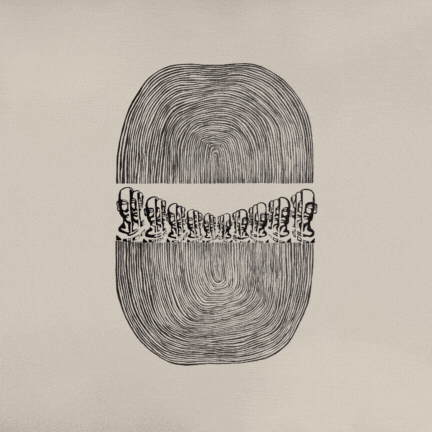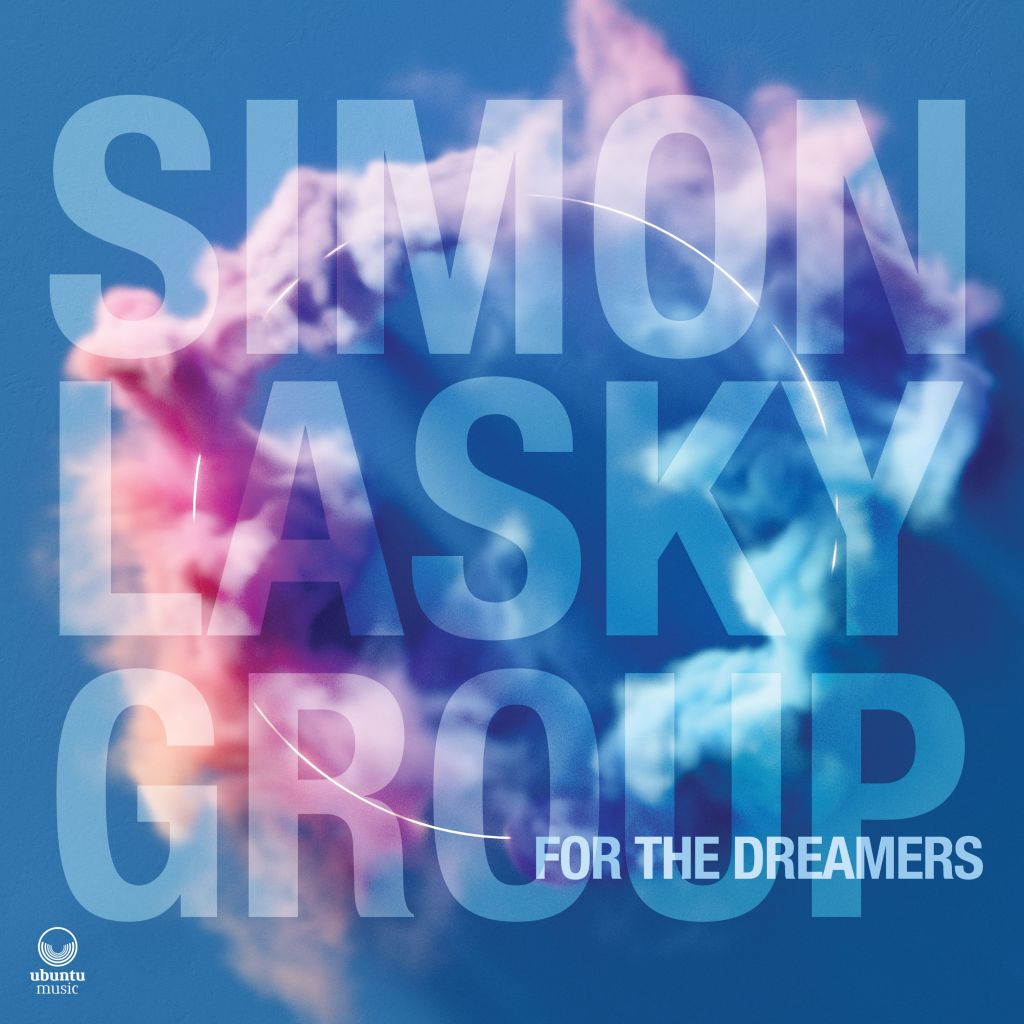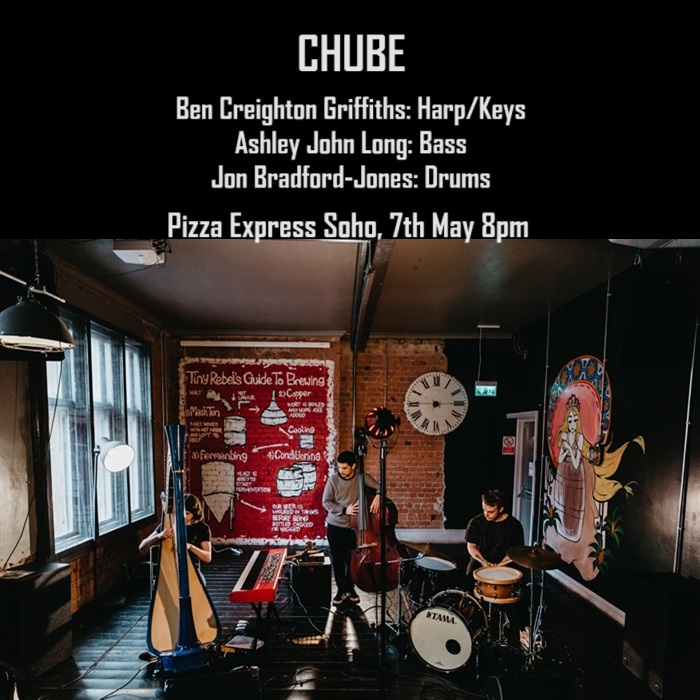 |
| Jacob Collier Photo credit: BBC/ Mark Allan |
Prom 7: Jacob Collier and Friends
(Royal Albert Hall, 19 July 2018. Review by Sebastian Scotney)
As is often the case, less turned out to be more. At the end of his two-part Prom last night, Jacob Collier was out there on his own in front, singing and playing Paul McCartney’s Bach-inspired 1968 classic Blackbird, as the encore. He started off on vocal harmoniser and then sang and beatboxed, miraculously managing to turn the entire full house at the Royal Albert Hall into his backing vocalists.
It was a reminder of what Collier, with all his preternatural talent, virtuosity, versatility and energy, can do with a good song. It also reinforced quite how successful the Collier solo show has been, and how complete it now is. He has, after all, been performing it regularly all over the world since about the time the double-Grammy-winning album In My Room was launched in summer 2016.
 |
| Take 6 with Jacob Collier Photo credit: BBC/Mark Allan |
There were other definite highlights: the Stevie Wonder songs As, and You and I both in arrangements by Jacob Collier, the first performed by Collier and Becca Stevens, with special guests Take 6. The former is on iPlayer HERE at 36:08
That simplicity was welcome after the scale and the complexity, all the comings and goings of the evening’s enterprise. And there was another tricky factor. The live show is an occasion, but the sound engineers understandably tend to favour the bigger audience that will see the show on the TV or hear it on the radio, and the balance in the hall was, to say the least, not always reliable. This show should probably be reviewed as a TV show (it is on at 7.30 pm tonight on BBC4).
That said, it had plenty of lively moments, notably when Gnawa vocalist Hamid El Kasri and his group from Rabat came on for two numbers, resplendent in their traditional costumes, toting a guembri (bass) and a selection of qraqebs (cymbals) and doumbeks (drums). Their artistry and their two tunes were shoe-horned into a complex arrangement for the entire Metropole Orkest, which seemed to turn what had been promised to us as “wonky rhythms” into about the most regimented four on the floor it is possible to imagine.
 |
| Jacob Collier and Becca Stevens Photo credit: BBC/ Mark Allan |
There were other guests too. Becca Stevens appeared in various combinations, notably with Collier and Sam Amidon. I know that one is supposed to review what is in front of you, but I couldn’t help feeling a tinge of regret, having heard her vocal harmonising skills at their most complete. Back in 2013 she had an incredible vocal/instrumental unit with regular band-mates Liam Robins and Chris Tordini. I have that in mind as peak Becca, and I hope she gets back to it. (Reviewed HERE )
Most of the programme consisted of new songs by Jacob Collier, in complex arrangements for full orchestra. Both Jules Buckley and Berlin-based Stefan Behrisch seemed to veer in their arrangements towards what that old Belgian lager ad used to call the “reassuringly expensive” way, redolent of Claus Ogermann. The entire 12-piece brass section would be given a phrase or two… and then cast aside. There are all kinds of wonderful colours in the orchestration.
As regards Jacob Collier’s new songs, at a first listening, I was perplexed. Indeed there was a moment in Once You where I started to have a reservation which I wouldn’t necessarily expect anyone else to share. I definitely get a sense of harmonic adventure and mobility in these new tunes, but what I miss is a sense of harmonic pull or inevitability. Maybe further listening will sort that out and give more of a sense of their essence and appeal.
For Collier to have been given his own early evening Prom at the age of just 23 was not just, as he described it, “a dream come true,” but another fine accolade to go alongside those two well-deserved Grammys. And he made it personal too. His mother Suzie, tucked in at the back of the Metropole’s violins, took a solo, and he also paid tribute to his late grandfather, the eminent English violinist Derek Collier who had played a Bach concerto at the Proms in 1966. This was a special event, and an exciting step in a huge career that has only just begun.
Prom 7 will be on BBC4 TV at 7 30pm tonight.
Categories: Live reviews













I was there … I'm glad I'm not the only one who thought the sound balance was a bit sub-optimal (like not being able to hear the piano when the orchestra played). Second half definitely better than the first.
“…which seemed to turn what had been promised to us as “wonky rhythms” into about the most regimented four on the floor it is possible to imagine.”
Clearly this reviewer was unaware of this interview… https://www.youtube.com/watch?v=b78NoobJNEo – start at 11:52 for an explanation on how Gnawa music DOES have “wonky rhythms”
Thank you anonymous 2. Were you there?
I was also there, and I also thought the sound balance in the hall was not great. In fact, I thought it was particularly poor in the first number. I was in the Stalls close to the stage, yet I also couldn't hear the piano when the orchestra was playing, which was frustrating. Actually, I found the string section was also not very evident either — the solo by Collier's mother aside — and could have been mixed better in my opinion.
By the way, the review by Clive Davis in today's Times gave the performance itself two stars out of five.
Prodigiously talented but nowhere near ready for a Prom scale event. Scratch the surface of much of JC' arrangementsets ando there doesn't seem much substance.
Well I wasn't there but I thoroughly enjoyed the entire evening with perfect sound balance through my stereo!. What a refreshing talent. Huge congratulations to The Proms for putting on such a courageous 'show'.
In last years Charles Mingus tribute Prom Jules Buckley & the Metropole Orchestra with guests adorned the music of the beloved jazz composer, bass player and bandleader.
A high quality Prom, a great success musically.
It did them all great credit as the sheer substance of the original material shone through.
I only wish they had turned the Jacob Collier Prom commission down, but do not blame them for the result … they only emphasised the fault lines in his musical philosophy.
It is a philosophy that is endemic in jazz & pop … a brave new world of global musics become a candy store in which you can pick ‘n mix, and dabble to your hearts content.
You get to half-digest the sonic surfaces of far-off cultures then appropriate them for ephemeral effect. One World, man.
Forget about inconveniences like cultural inculcation, authenticity or actual meaning.
He engaged custom made AI performance software in what seemed like an interminable opening number to demonstrate how very limited its abilities were. It was an early warning of the level of self indulgence there was to be.
As the concert proceeded it is clear his voice is extremely dexterous, well trained and controlled. His low to mid-range together with his pronunciation creates a strange almost robotic nuance which accentuates how very white he sounds. It doesn’t help in some of his cover version performances where he appears to be trying to out-melisma the black authors of these songs.
I enjoyed his guests more, where there was some sense of a genuine line of provenance and origin in the music.
It was all very very efficiently organised, a well oiled machine.
I read a review which hailed him oh so predictably as a “jazz messiah”.
Beware of false prophets.
Jacob Collier is very young and very marketable to those who get off on the world of wunderkind. But beyond his multi-instrumental entertainment value, and his undeniable fluidity, the absence of musical clout is dead clear. So this was more for entertainment, but a Prom … er, why?
The feeling throughout was that he is unable to say anything simply or briefly (many might think is a good description of jazz since be-bop).
More seriously there were no indications that he has the mind of a musical excavator, borne of contemplation or distillation, and unlikely to be discovered in musical collage.
You can be sure there are no new harmonies or new music in this occasionally glittering melange of the familiar.
Combining is not composing … but then that could well be the epitaph of a generation.
someone's jealous